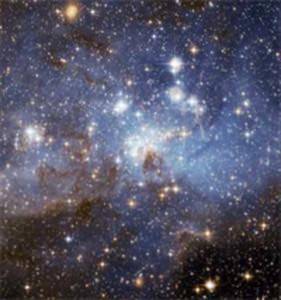In the early hours of the morning, Commander Mark Polansky sat watching the Tour de France when he got the call that they’d be fueling NASA Endeavour’s external tank. Nearly 30,000 of his Twitter followers woke up and rejoiced at the news. Today we’re going to see lift off.

The NASA Endeavour was set to launch to the International Space Station today at 7:13PM EDT from Cape Canaveral, Florida after a 24 hour lightning-induced delay. The mission was delayed several times and while Commander Mark Polansky’s Twitter account and NASA’s official account announced that the launch was likely to happen, online viewers watched via NASA TV as the mission was scrubbed with only minutes to spare. The launch has been rescheduled for 6:51PM EDT tomorrow.
Polansky, Pilot Doug Hurley, Mission Specialists Dave Wolf, Christopher Cassidy, Tom Marshburn, Tim Kopra and Canadian astronaut Julie Payette are set to replace Japanese astronaut Koichi Wakata at Japan Aerospace Exploration Agency’s Kibo laboratory. The 16-day effort will complete construction of the laboratory and astronauts will attempt 5 space walks to create an exposed experiment platform.
The live broadcast as well as additional resources are available on NASA’s Multimedia Page. Below are some additional space-related resources you might want to check out before tomorrow’s scheduled launch:
NASA Collaborate:Those interested in joining NASA’s online groups can connect via Facebook, Ustream, YouTube, Twitter and MySpace. Rather than waiting for press releases, fans can get their updates straight from astronauts, scientists and NASA executives.

Google Sky and Hubble’s KML plug-in files: Google Sky allows users to view high resolution images of the night-sky. Hubble image plug-ins make for an extremely crisp intergalactic travel experience. You can search for planets, galaxies, nebulae and stars and zoom into them with great precision.
NASA Satellite Tracking & Heavens Above NASA Satellite Tracking offers users a number of options to track more than 2,500 satellites, the Space Shuttle and the International Space Station. Meanwhile, Heavens Above offers satellite predictions, sky charts and info on a number of comets.

















